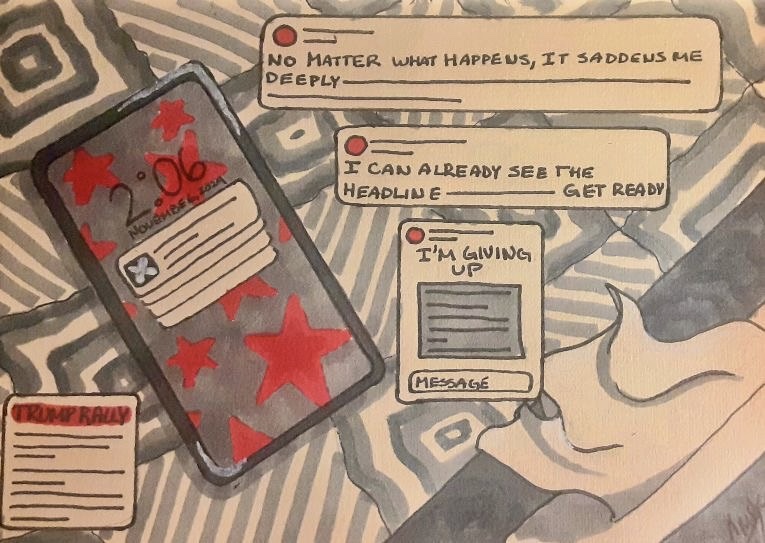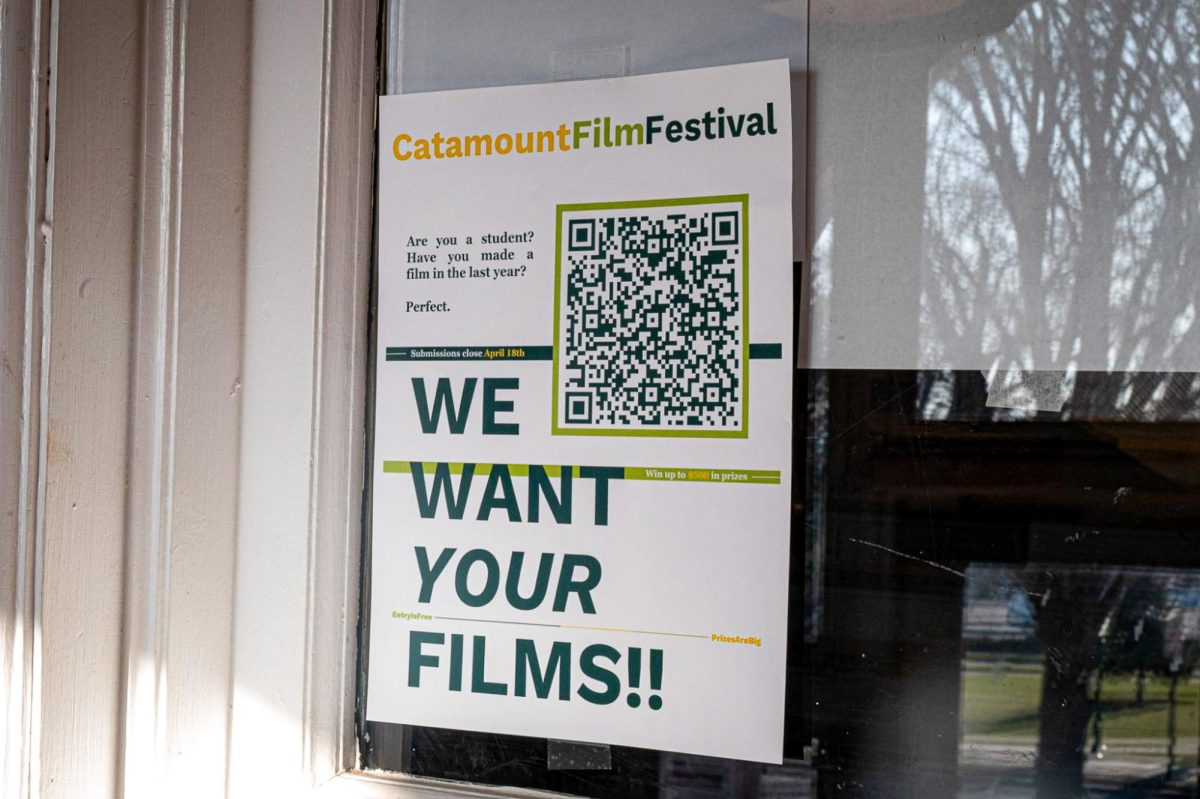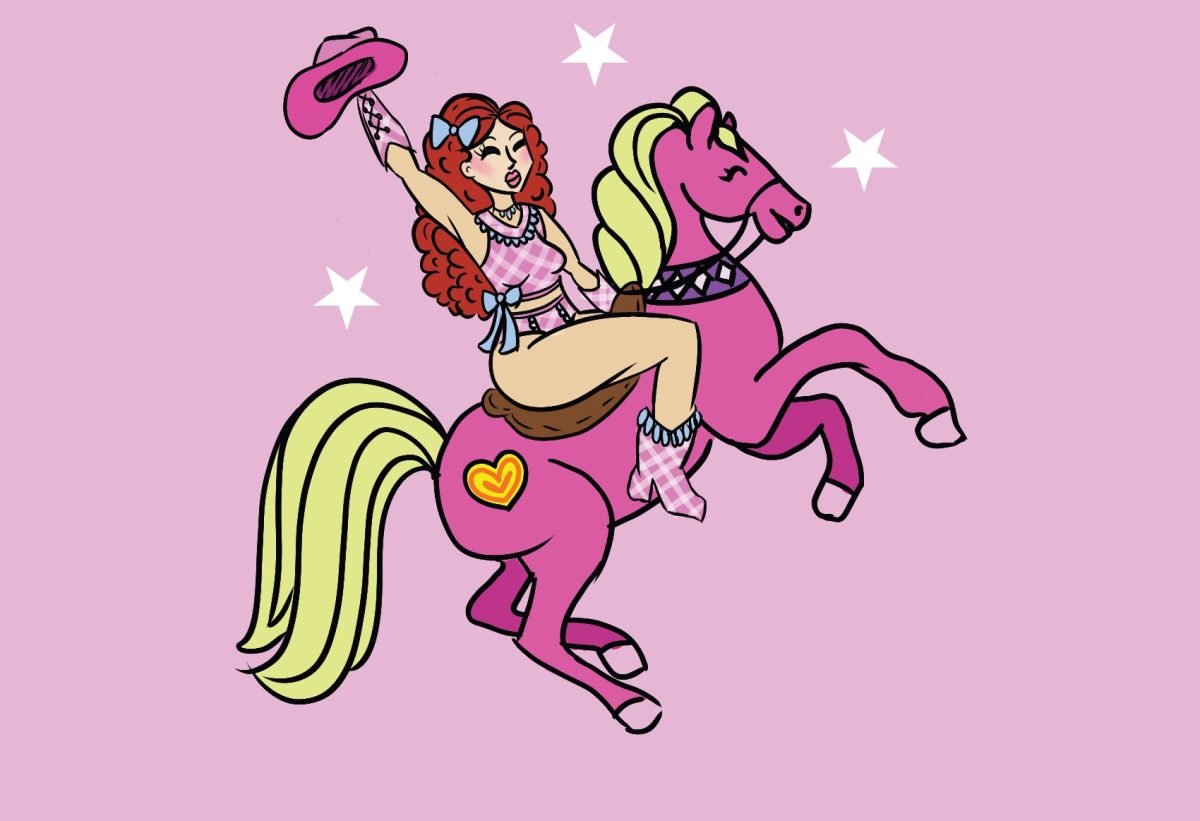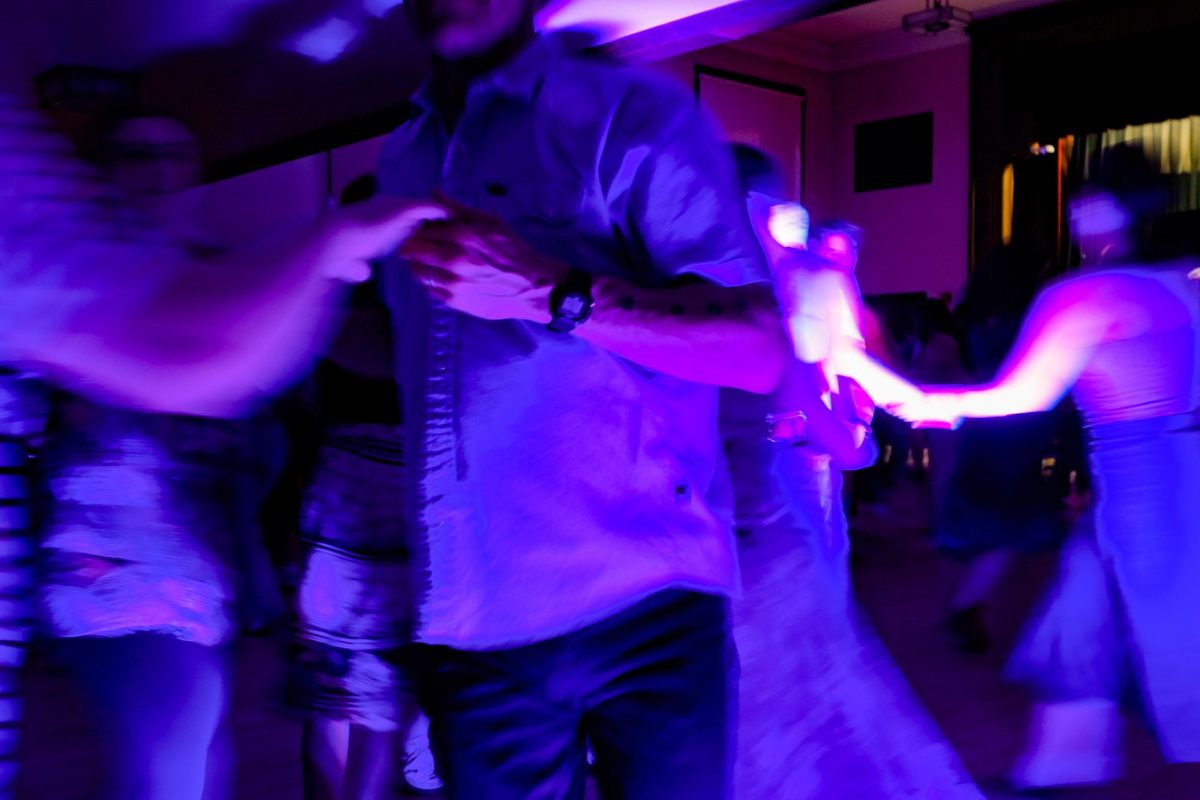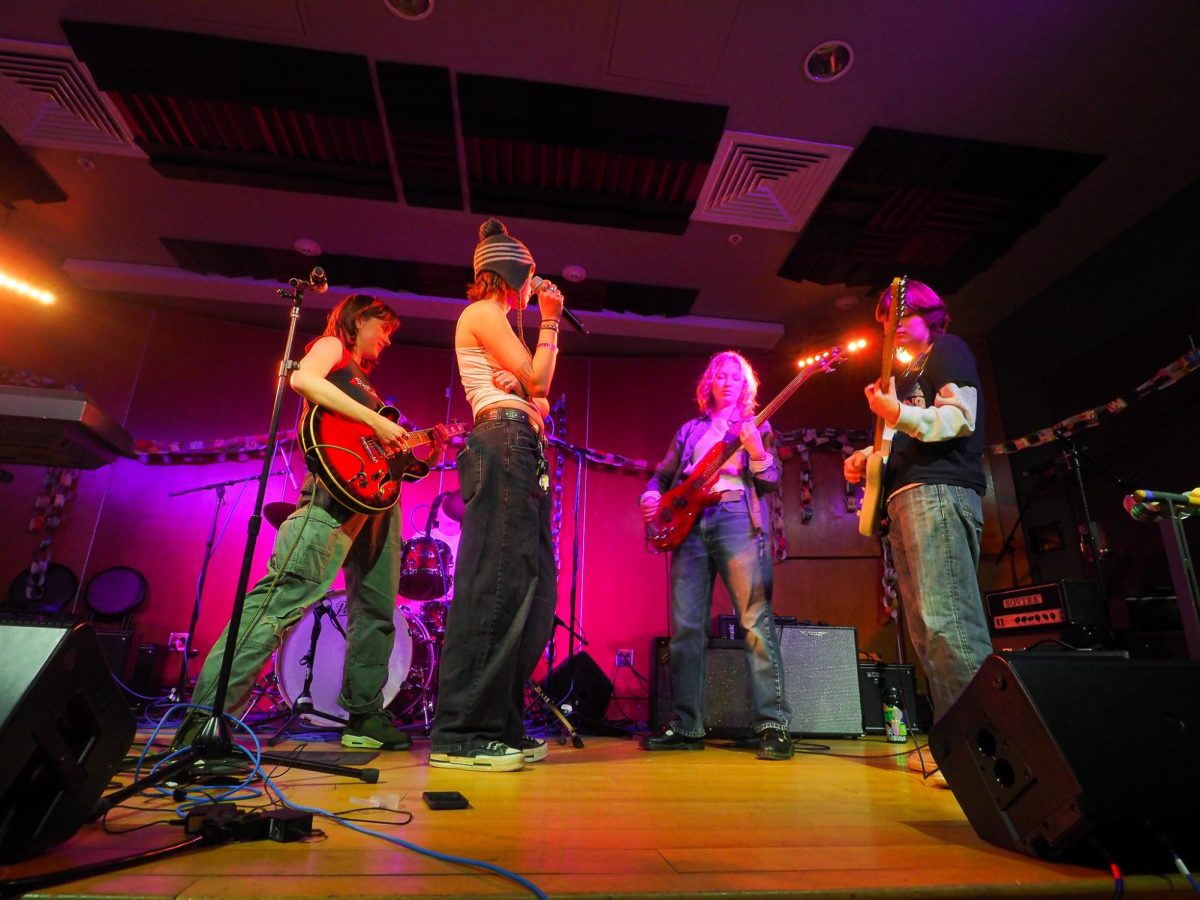On Nov. 6., Donald Trump was announced as the 47th president of the United States. During the days leading up to the election, many people turned to X, formerly known as Twitter, to share opinions and cope through humor.
Due to Gen-Z’s early access to the internet, there is now this outlet for people to share, communicate and bond in a way never thought of before.
Humor is often the outcome of disappointment. This is exemplified by the younger generations on X. Humor evolves from a range of mishaps. It stems from mundane and unserious things to genuine fear and loss.
The election brought out this coping mechanism in full force.
Internet sensation baby pygmy hippo Moo Deng shared her prediction of which candidate she thought would win. The hippo, located in a Thailand zoo, was given two pieces of melon to choose from with both Kamala Harris’ and Donald Trump’s names.
She chose the melon with Trump’s name, sparking controversy on X.
Many of the responses to the news of the prediction seemed to be against this hippo that was once well-loved among the X community. “This fatass hippo needs to mind his own business” stated user @WHITEH0TPEPPERS.
Making fun of a baby hippo wasn’t the only thing people were tweeting about before the results were announced.
Before the result of the election was announced, many people were distracting themselves. “i will be taking down an edible and 2-3 buzzballz on election night and will be in bed no later than 8 p.m. whatever world i wake up to on wednesday……it is what it is……” tweeted user @shayxonline.
Although written off as a joke to get some laughs from X users, it shows the harsh reality that many were dealing with on the night of the election.
Due to stress, people turned to substances to try and calm their nerves. Walking through dorm halls, smells of marijuana and people drinking out of fear of the results were a common sight Tuesday evening.
Fear and anxiety pushed people to look for some sort of distraction as the election results grew closer.
Many people see MSNBC news anchor Steve Kornacki as an “election icon” as he covers the election every four years. From his camera presence to his khaki pants, this “human Xanax” provides a calming effect while announcing the results.
This led to many people sharing their excitement to see Kornacki, like user @AMarch4OurLives who tweeted “see you soon, my sweet prince.”
Leading up to the election, celebrities and politicians pushed for people to register to vote. When the day of the election came up, the voter turnout was 65%, which was close to the 2020 election’s 67% turnout.
Even though the voter turnout was rather high, people still worried that there wouldn’t be enough votes from Gen Z as many of them seemed to be upset with both candidates and their ideas.
Many people criticized those complaining about the long lines at polling stations. “If you waited in the Ticketmaster queue for Eras Tour tickets you can stay in line to vote today,” tweeted @svershbow.
Even as the polling locations began to close for the night, both Trump and Harris encouraged voters to stay in line so they could carry their right to vote.
As the night continued, the polls closed and ballots were counted. User @criminalplaza shared an opinion: “starting with red states is so fucked up.”
When the news broke that Trump won, X users remained opinionated and active. “This legit must be how Katniss felt when they made her do the hunger games a second time” tweeted user @Jesse_bslade.
Many people on X shared feelings of defeat and sadness as the news was announced. However, some people happy with the outcome of the election have started to spread terrifying tweets that are foreshadowing the effects of the next four years.
“Your body, my choice. Forever.” tweeted by @NickJFuentes and “women threatening sex strikes like LMAO as if you have a say” tweeted by @MillerStream are just some of the horrific things people have started posting just hours after Trump was elected.
While X users are still able to find a sense of community and support from people with common views, racism and prejudice are also skyrocketing on both sides of the political scale as voters look for somewhere to place blame.
People tend to be more willing to make these offensive comments online because of an anonymity barrier. In-person, there tends to be less direct prejudice from younger generations, but online, people perpetuate hate.


